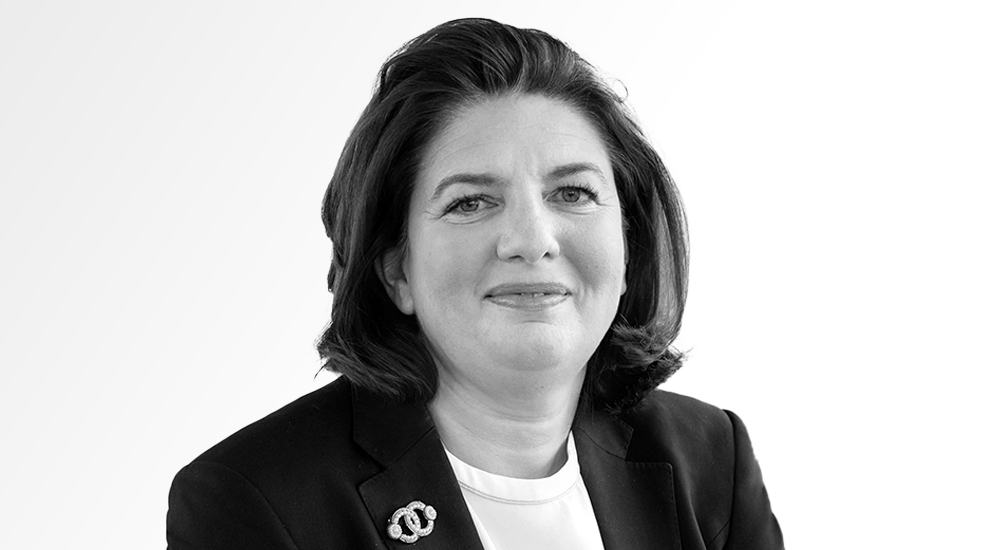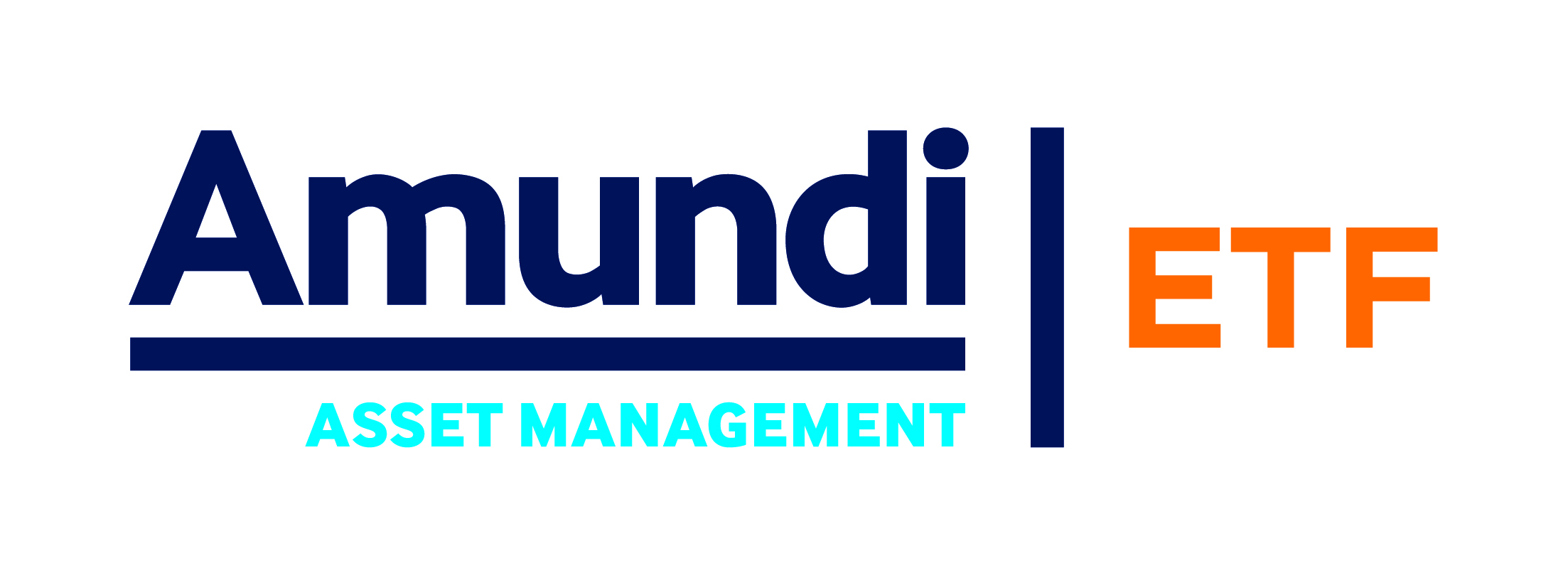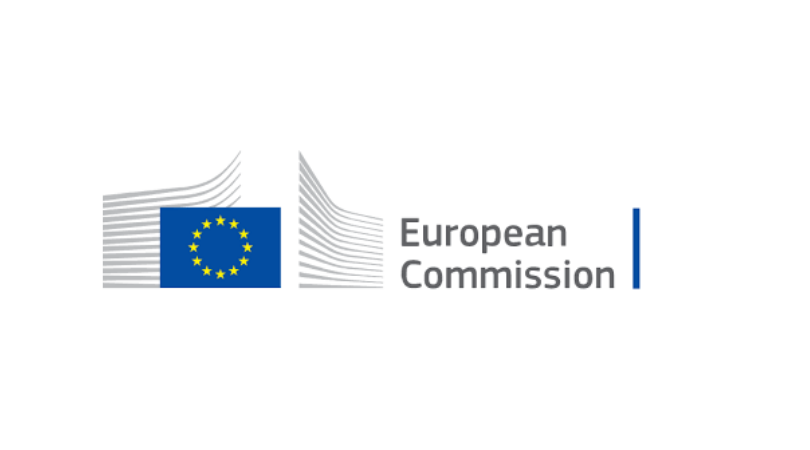Amundi CEO Valerie Baudson has come out against a ban on inducements despite acknowledging it would be good news for the firm’s ETF business.
Speaking to analysts on a financial results call earlier this month, Baudson said any ban on the practice – also known as retrocession fees – would limit retail investors’ access to products and financial advice.
It comes as the European Commission signalled it was in favour of a ban as part of its forthcoming retail investment strategy, noting retail investors are too often advised to buy costly and unsuitable investment products.
According to the European Commission, products where inducements are paid are on average 35% more expensive for retail investors as advisors receive commissions from asset managers for selling their funds.
However, Baudson said a ban would mean retail investors would suffer from a lack of financial advice.
“What we think, very clearly, is that a potential complete ban of retrocessions would be detrimental to the access to products and advice for retail investors,” Baudson said.
“Amundi has a very positive track record in various distribution channels and a lot of expertise. Just to take an example, which is the ETF one, it would obviously be good news for the ETF industry and Amundi would obviously benefit.”
She added the group would likely gain from both scenarios due to its position as the “European ETF leader”.
“I am not saying we are in favour of it – obviously, we are not – it is not good for the final retail clients because they do not get any advice anymore. That is what we saw in the UK and the Netherlands,” Baudson said.
“But if it ever happened, Amundi would probably be one of the asset managers benefitting most from this trend.”
She added any ban would have to be negotiated with European member states, some of which “have already declared they are opposed to a ban”, and would not likely come into force until the end of 2025 or 2026.
In 2019, the UK, the Netherlands and Denmark completely banned retrocession fees over possible conflict of interest and lack of transparency.
Baudson said the impact of the ban in both the UK and the Netherlands meant “clients do not get any advice anymore”.
However, Mairead McGuiness, European Commissioner for financial services, financial stability and the Capital Markets Union, said inducements hurt the quality of financial advice available to investors.
The divisive topic has split the asset management industry.
Caroline Baron, head of ETF distribution EMEA at Franklin Templeton, said a ban on inducements is “fundamental” to ensure ETFs are on a level playing field with over investment vehicles for retail investors.
“This is how we saw a boom in the ETF business in the US, where there is an equal split between retail and institutional users, versus less than 10% retail ETF uptake in Europe.”
Stefan Kuhn, head of ETF distribution for Europe at Fidelity told ETF Stream the controversial retrocession fees paid to financial advisers are driving retail investors to buy ETFs directly on wealth platforms.
“There is an ongoing discussion around an inducement ban. That is why you are seeing a lot of retail investors buying ETFs directly,” he said.
Related articles






